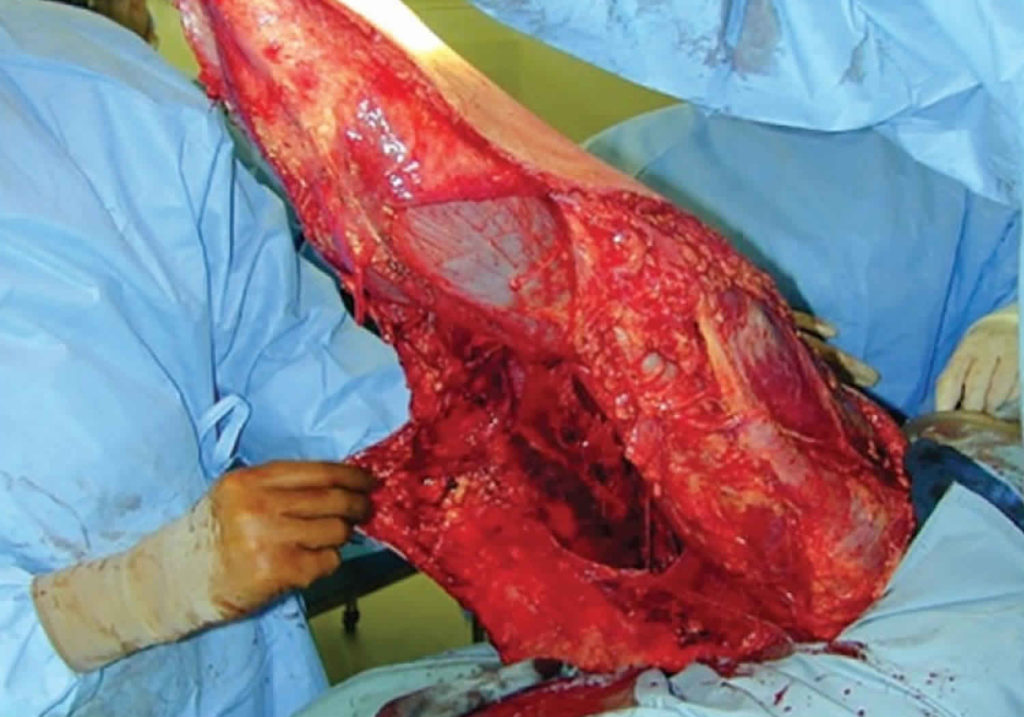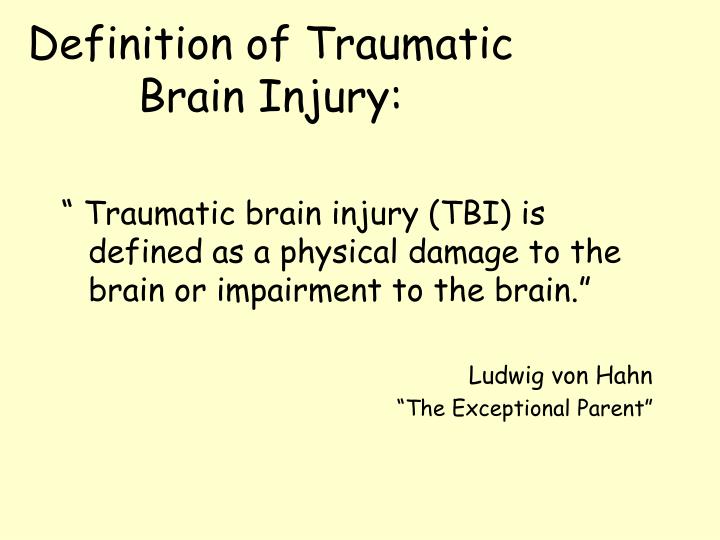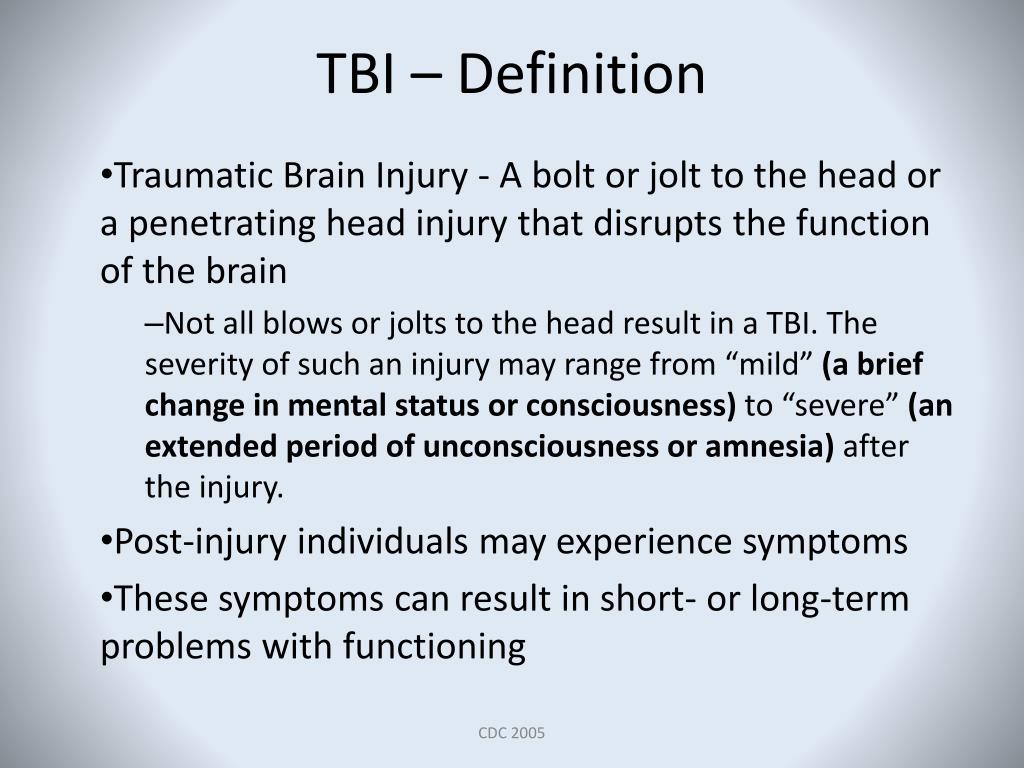

People who were emotionally, physically or sexually abused or physically or emotionally neglected, bullied, cyberbullied or exploited or trafficked as a child or young person often experience complex trauma. Many situations can cause complex trauma in childhood. Often this is made worse because of a family’s situation such as not having enough money or being discriminated against.


These include having a mental illness, misusing drugs or alcohol, or being physically or emotionally unavailable. Sometimes a parent or person caring for a child has their own trauma experiences, and they are still affecting them. Sometimes other people can do this for you when you can’t do it for yourself. It may not always seem like recovery is possible but holding onto the hope of recovery is very important. It is important to know that people can and do recover from even early trauma. Others might not recognise the effects of their trauma until much later. Some people do not appear to be affected badly and may not be. Your GP can refer you to mental health specialists if they feel you'd benefit from treatment.When you are not protected or cared for as a child or young person, or are hurt or betrayed, it can affect you badly. They'll ask whether you have experienced a traumatic event in the recent or distant past and whether you have re-experienced the event through flashbacks or nightmares. Your GP will want to discuss your symptoms with you in as much detail as possible. You should visit your GP if you or your child are still having problems about 4 weeks after the traumatic experience, or the symptoms are particularly troublesome. It's normal to experience upsetting and confusing thoughts after a traumatic event, but in most people these improve naturally over a few weeks.

Some people have constant negative thoughts about their experience, repeatedly asking themselves questions that prevent them coming to terms with the event.įor example, they may wonder why the event happened to them and if they could have done anything to stop it, which can lead to feelings of guilt or shame. physical sensations, such as pain, sweating, feeling sick or trembling.repetitive and distressing images or sensations.This is when a person involuntarily and vividly relives the traumatic event in the form of: Re-experiencing is the most typical symptom of PTSD. The specific symptoms of PTSD can vary widely between individuals, but generally fall into the categories described below. Other people have constant severe symptoms. Some people with PTSD experience long periods when their symptoms are less noticeable, followed by periods where they get worse. In most cases, the symptoms develop during the first month after a traumatic event.īut in a minority of cases, there may be a delay of months or even years before symptoms start to appear. The symptoms of post-traumatic stress disorder (PTSD) can have a significant impact on your day-to-day life.


 0 kommentar(er)
0 kommentar(er)
